Louie Duncan is a Product Design graduate from Brunel University London. He is the designer of OLUS, a unique plant based air filter. This filter was inspired by humans ‘ innate relationship with the natural world and was the main source of inspiration, looking for natural forms, patterns and textures.
The market conditions in which local filters were said to not be suitable for home environments, as they were non-user friendly. OLUS focuses on mental wellbeing by building on the mental benefits of clean air to incorporate biophilic features. Through the use of plants and dried moss, OLUS helps to improve productivity and alleviate stress. .
Air Purifier With Plant Based Filters
Latest from Design
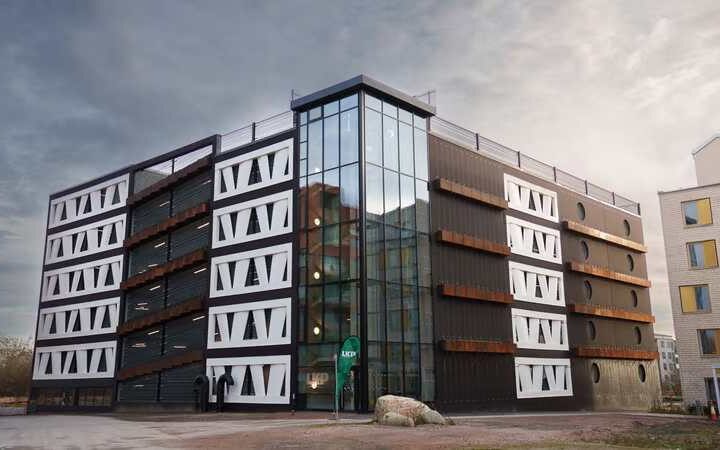
57 wind blades turn car park façade in Europe’s first turbine-built facility
Wind Blades to Building: Interactive Circular Economy Explorer | KarmActive Circular Architecture Innovation From Wind Farm to Car Park: Europe’s First Blade-Built Facility Interactive exploration of how 57 decommissioned turbine blades found

£4.5M Surrey Hills Eco-Home With Tesla Powerwall and £250K Cash Prize Announced
Omaze has unveiled its latest prize house in Surrey Hills, partnering with Breast Cancer Now charity. Located in Farley Green within the Surrey Hills Area of Outstanding Natural Beauty, this fully furnished

Audi Concept C Electric Sports Car: ‘Somewhere Between TT and R8’ Says CEO Döllner, Coming 2027
Audi has unveiled the Concept C, a sleek two-seat sports car that signals a dramatic shift in the company’s design approach while hinting at what could become the spiritual successor to the
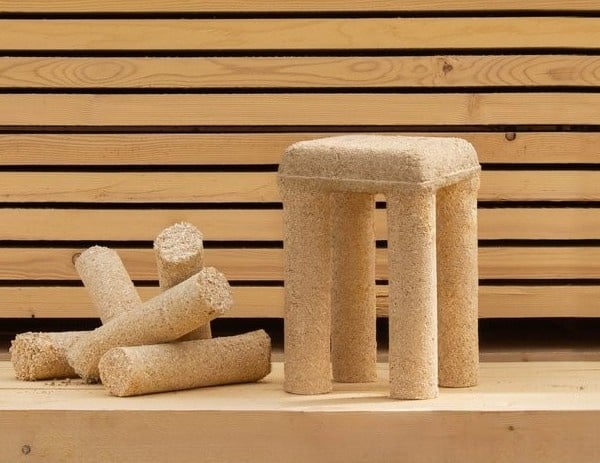
Briket Stool: How Sawdust and Potato Binder Create 3-5 MPa Strength Furniture Without Chemicals
Every year, sawmills across Europe generate mountains of sawdust that often ends up burned or buried in landfills. What if this waste could become something useful before returning to the earth? That’s

Student Builds Neck Purifier After Tube PM2.5 Hits 70x WHO Safety Limits
Underground train commuters face alarming levels of particulate matter pollution daily. The Victoria Line shows median PM2.5 concentrations of 361 μg/m³, with peaks exceeding 800 μg/m³ between Pimlico and Brixton. The WHO’s

Kia EV2 Electric SUV Offers 200+ Mile Range and €25K Price But Which Smart Features May Not Reach Production
The Kia Concept EV2 turns a small electric SUV into a flexible living space for city life. Recently shown at Milan Design Week 2025, this car brings fresh ideas about what cars
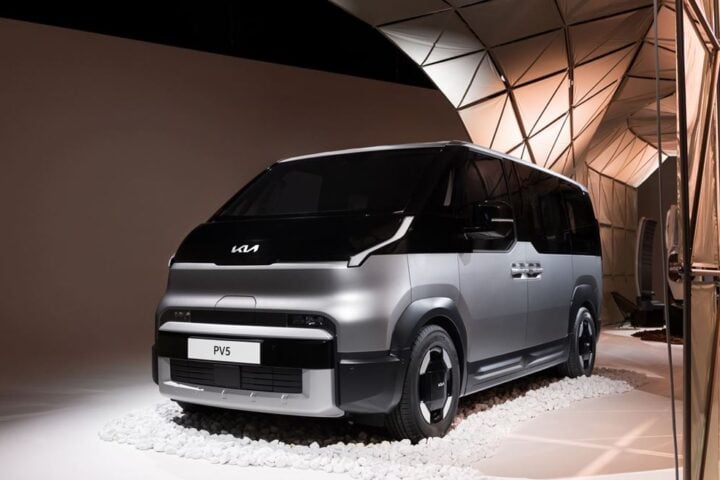
Kia PV5 Electric Van Launches With 248-Mile Range, 30-Minute Charge, And Modular PBV Options
Kia unveiled three new electric vehicles at Milan Design Week 2025, showcasing the brand’s vision for future mobility. The Korean automaker’s “Transcend Journey” exhibition ran from April 7-9 at Milan’s Eastend Studios,
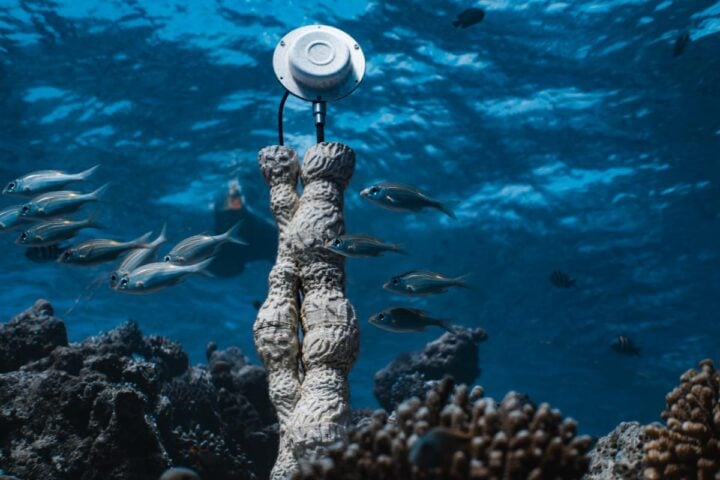
3D Sound Sculptures Boost Coral Settlement 7x as Global Reefs Face 63% Biodiversity Loss Since 1950s
Scientists and artists are joining forces to restore damaged coral reefs using an unexpected tool: sound. The Coral Sonic Resilience project combines 3D-printed underwater sculptures with solar-powered audio systems to attract marine

Trieste’s Green Technology Project Converts 110,000 m³ Oil Infrastructure to Clean Energy Storage
In northern Trieste, a remarkable transformation is taking place. Six 15-meter-high former oil tanks are being converted into “water batteries” as part of a 365,000 m² seafront park powered by agrivoltaics. This
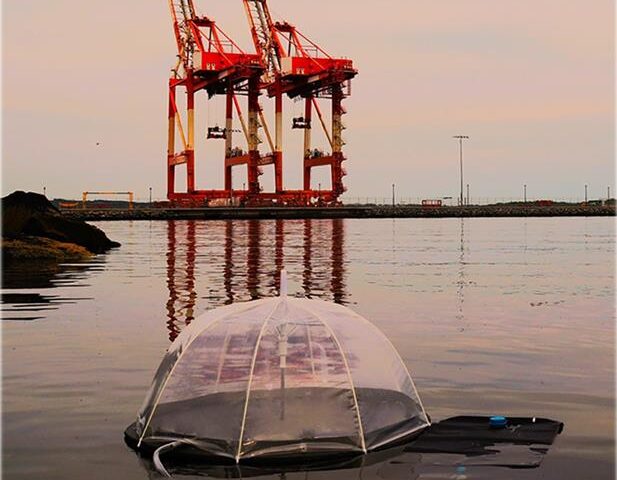
Tire Waste Transformed into Water Solution: $5 Solar Still Creates 3.67 Liters for Less Than 1 Cent
The global water crisis affects billions while discarded tires pile up in landfills worldwide. A team at Dalhousie University has connected these seemingly unrelated problems with an innovative solution: a floating solar

Mushroom Tiles Mimic Elephant Skin to Cool Buildings 70% Faster in Wet Conditions
These fungi-based building tiles mimic elephant skin to cool structures naturally, cutting energy use and offering a sustainable alternative to synthetic materials. How Mushroom Tiles Keep Buildings Cool Scientists at Singapore’s Nanyang

Komma UMV’s 70% Material Reduction and 200 km Range Redefine Compact Urban EV Design
The Komma UMV redefines city travel with a fresh approach to electric mobility. While most EV manufacturers focus on electrifying conventional cars, Komma asks a different question: how can we move people
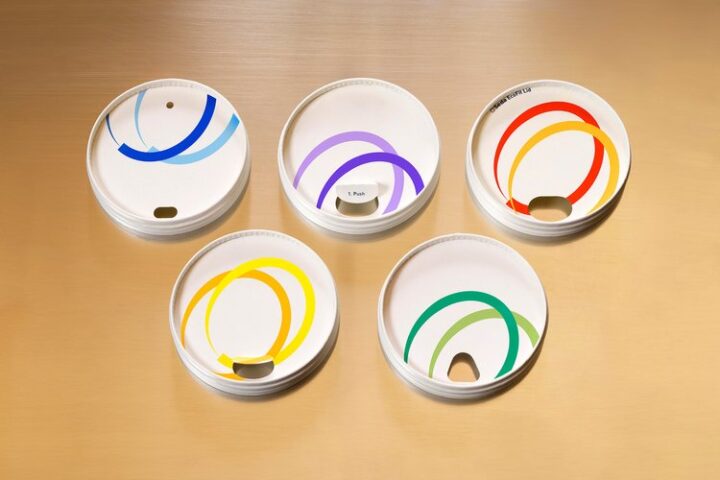
EcoFit Paper Lid Aims to Cut 400 Tons of Plastic Waste per 100 Million Coffee Cups
Your morning coffee cup’s plastic lid might soon be a thing of the past. Seda International has created the EcoFit Lid, a paper-based lid that works just like the plastic ones we’re
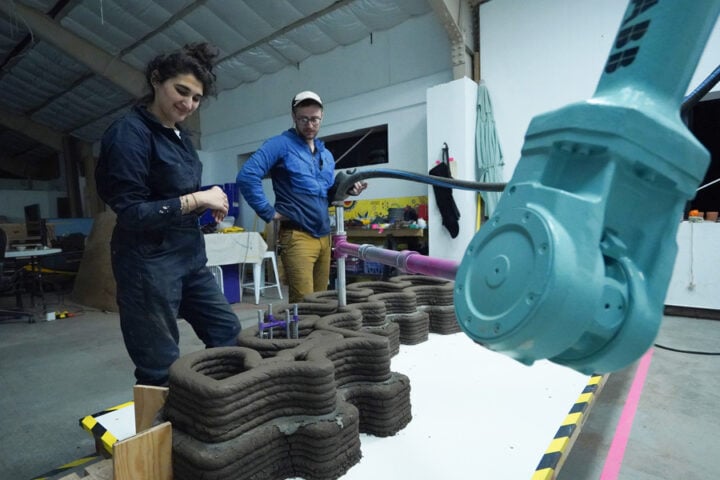
MIT’s 3D-Printed Mud Molds Aim to Halve Concrete’s 8% Carbon Emissions
Construction is getting a surprising helper: dirt from the building site itself. MIT researchers have found a way to use 3D-printed mud to build concrete structures faster and cheaper than traditional methods.
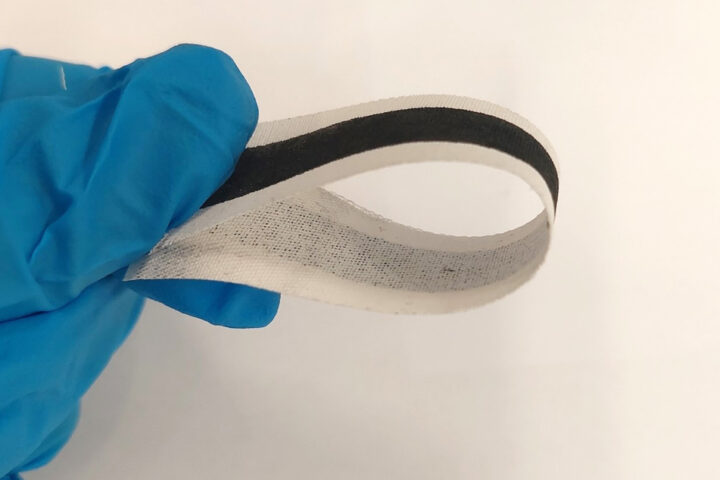
Biodegradable E-Textiles Revolutionize Health Monitoring While Cutting Environmental Waste
Research teams from UWE Bristol and University of Southampton have engineered electronic textiles (e-textiles) that decompose naturally while maintaining medical-grade monitoring capabilities. The Smart, Wearable, and Eco-friendly Electronic Textiles (SWEET) project, published

